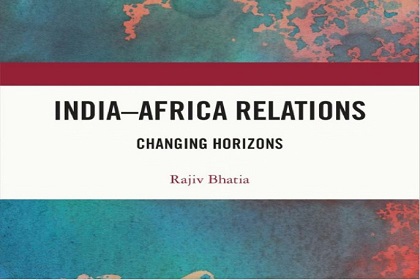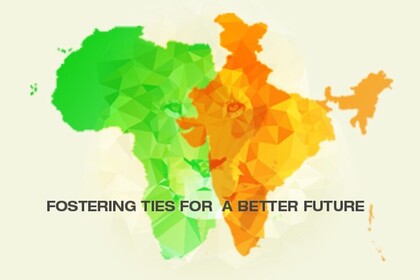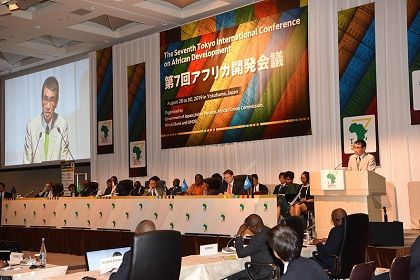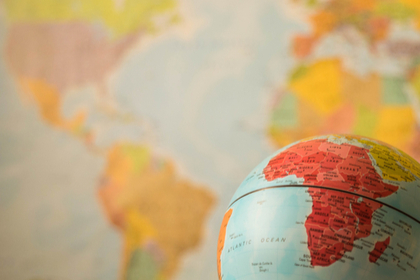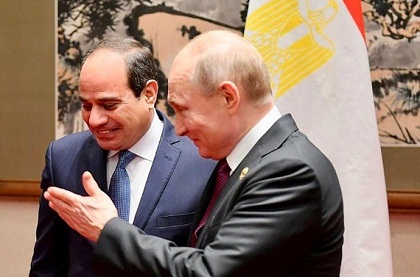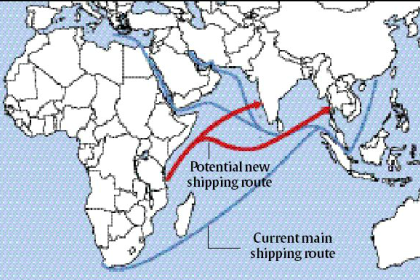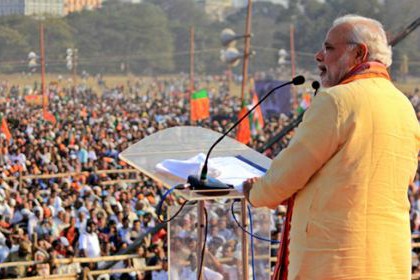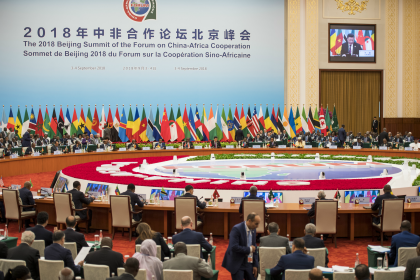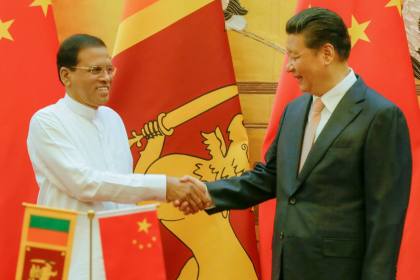India-Africa Relations: Changing Horizons
Nearly two decades since the launch of the India Development Initiative, India-Africa relations have evolved. This book by Rajiv Bhatia, a former high-ranking IFS officer, takes a deep dive into Indo-African engagement. Bhatia outlines the history and presents concise yet informative capsules of India's relationship with individual African countries. It is a useful roadmap for companies looking to do business there.

